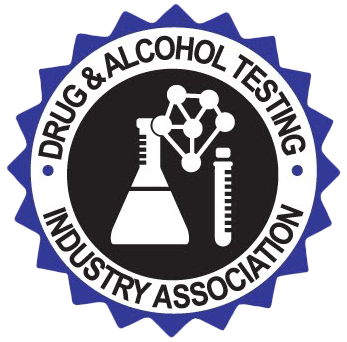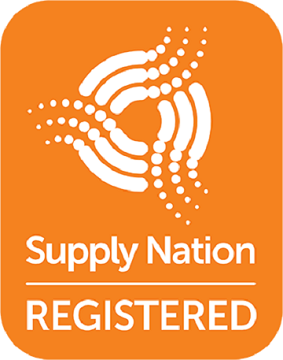
In Australia, registered medical practitioners can now prescribe medicinal cannabis products to patients, if they feel that it is clinically appropriate.
This raises questions for the workplace. Can the use of medicinal marijuana affect an employees ability to perform the requirements of their role safely?
Here is our free guide to the effective management of Medicinal Marijuana in your workplace:
In accordance with the Australian Urine Drug Testing Standard (AS/NZS 4308:2008) and Oral Fluid Drug Testing Standard (AS/NZS 4760:2019), the detection of THC (Tetrahydrocannabinol – The Psycho-Active component in Marijuana) above the cut off level defined in these standards, is not permitted in a workplace environment.
To effectively review Employee Medication use, we recommend the application of a Medication Management Process. A Process of this nature enables the organisation to:
- Provide a safe working environment for employees and all visitors to site.
- Maintain Safety Chain of Responsibility requirements.
- Provide a thorough & procedurally fair structure to evaluate employee medication use in the context of each individuals role requirements.
- Asses each individual on their unique situation and provide multiple pathways to safety manage their use of medication and enable them to perform the requirements of their role safety.
Please find our free, downloadable Medication Management process templates here.
There are three outcomes from this process:
- Outcome 1: The medication is deemed safe and the employee returns to work.
- Outcome 2: The medication is deemed not safe and an alternate dosage or medication is sought from the practitioner.
- Outcome 3: The medication is deemed not safe and alternate role arrangements are made (new/ modified role/lighter duties).
Currently, for the most part, Outcomes 2 & 3 are the most likely scenario in relation to Medicinal Marijuana. There are two key reasons for this:
- There is currently a the lack of robust & reliable scientific literature relating to the use of THC containing Medicinal Cannabis products in the workplace.
- Currently, laboratories do not have the capability to monitor the ratios of CBD Oil/THC in a donors system via urine or Oral Fluid testing. Monitoring the THC component in the donors system in the context of the prescribed ratios can provides assurance that the donor is taking the medication only & as prescribed by ther medical practitioner & is therefor operating within the bounds of the Fitness for work assessment provided by their prescribing practitioner. Further, this type of testing would provide assurance that the donor is not ingesting illicit THC substances either in addition to, or in place of their prescribed medications.
Until laboratory testing capability improves (expected in mid-2023), it is risky for organisations to enable to use of THC containing CDB Oil medications in the workplace.
To find out more chat with our Client Services Director today.











